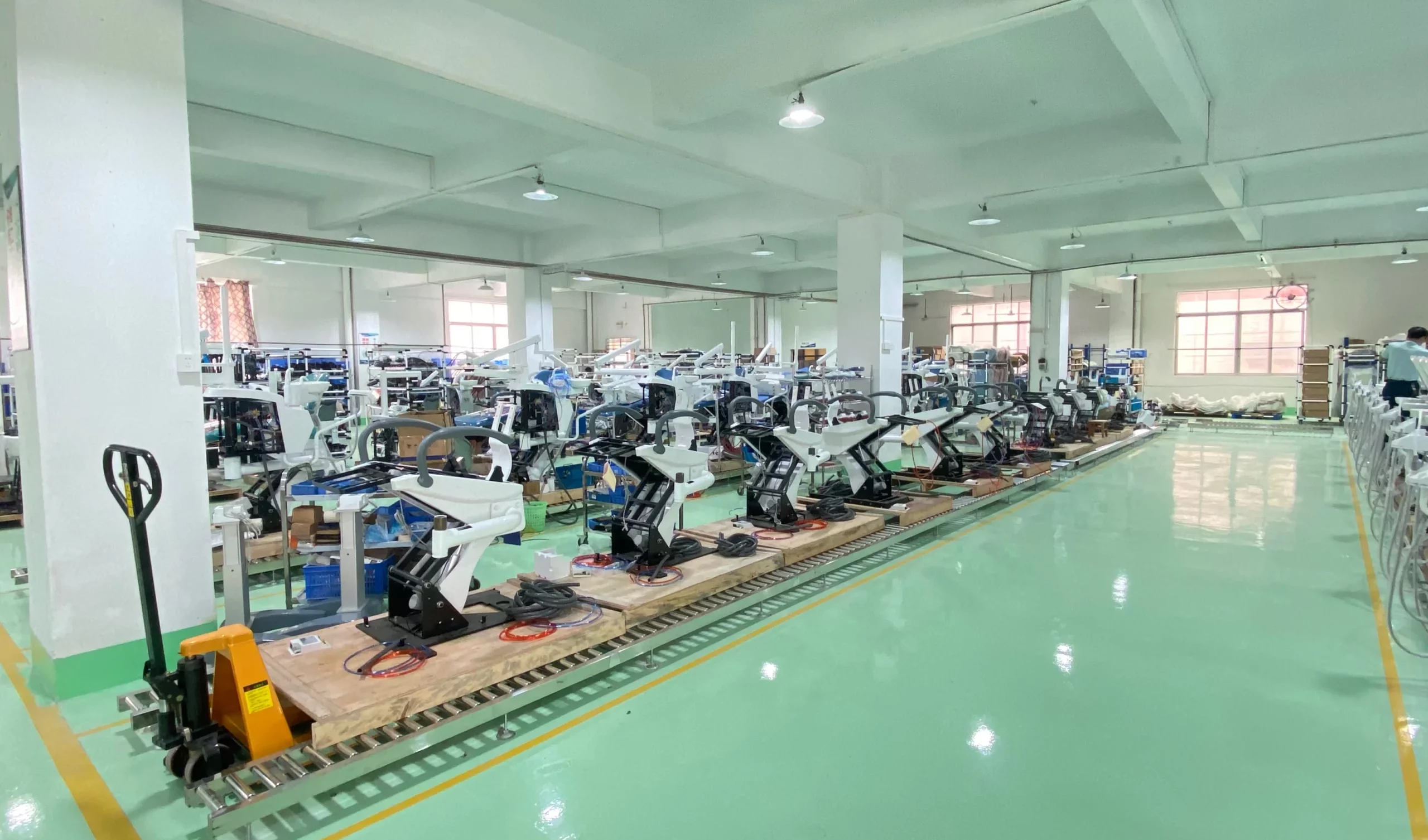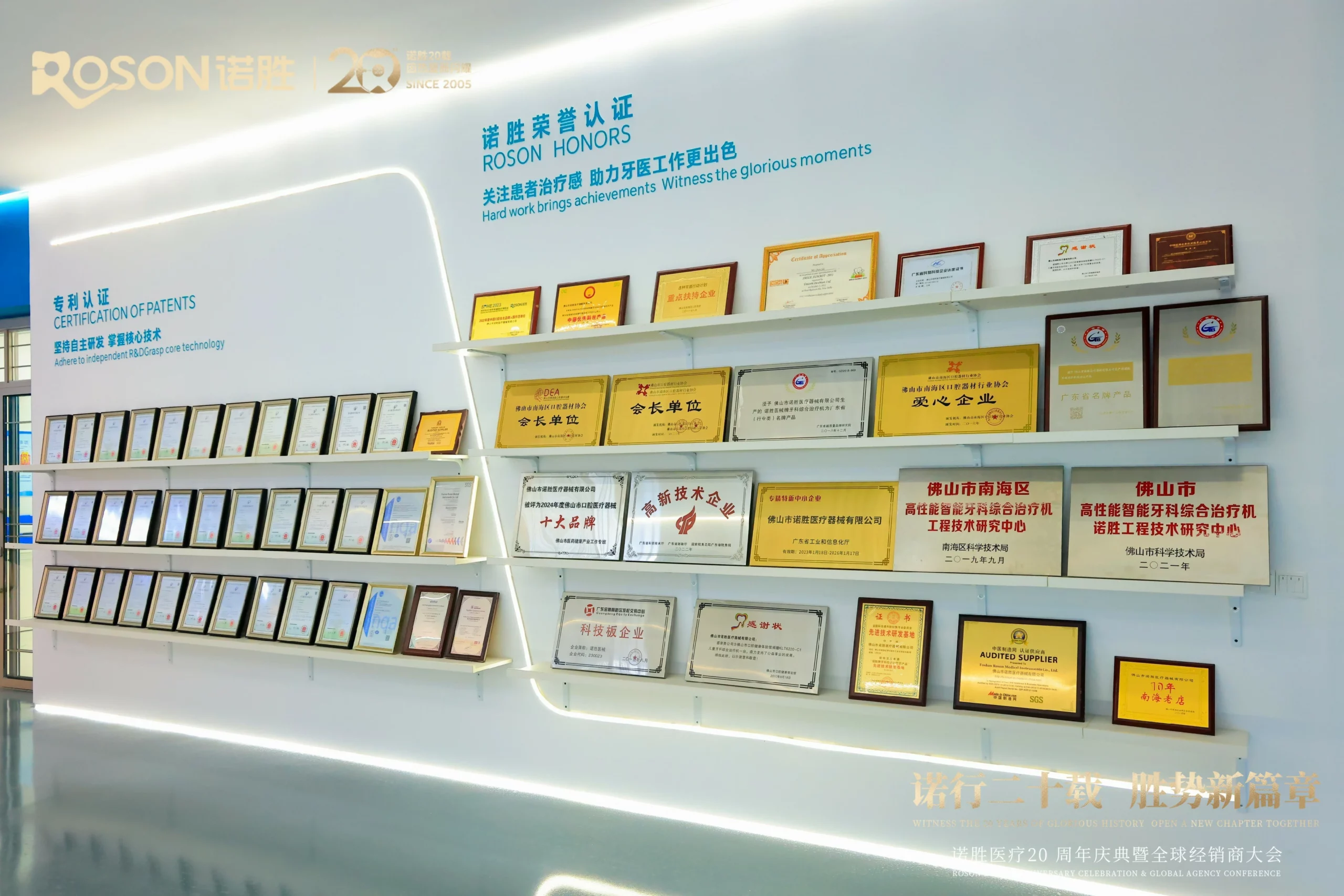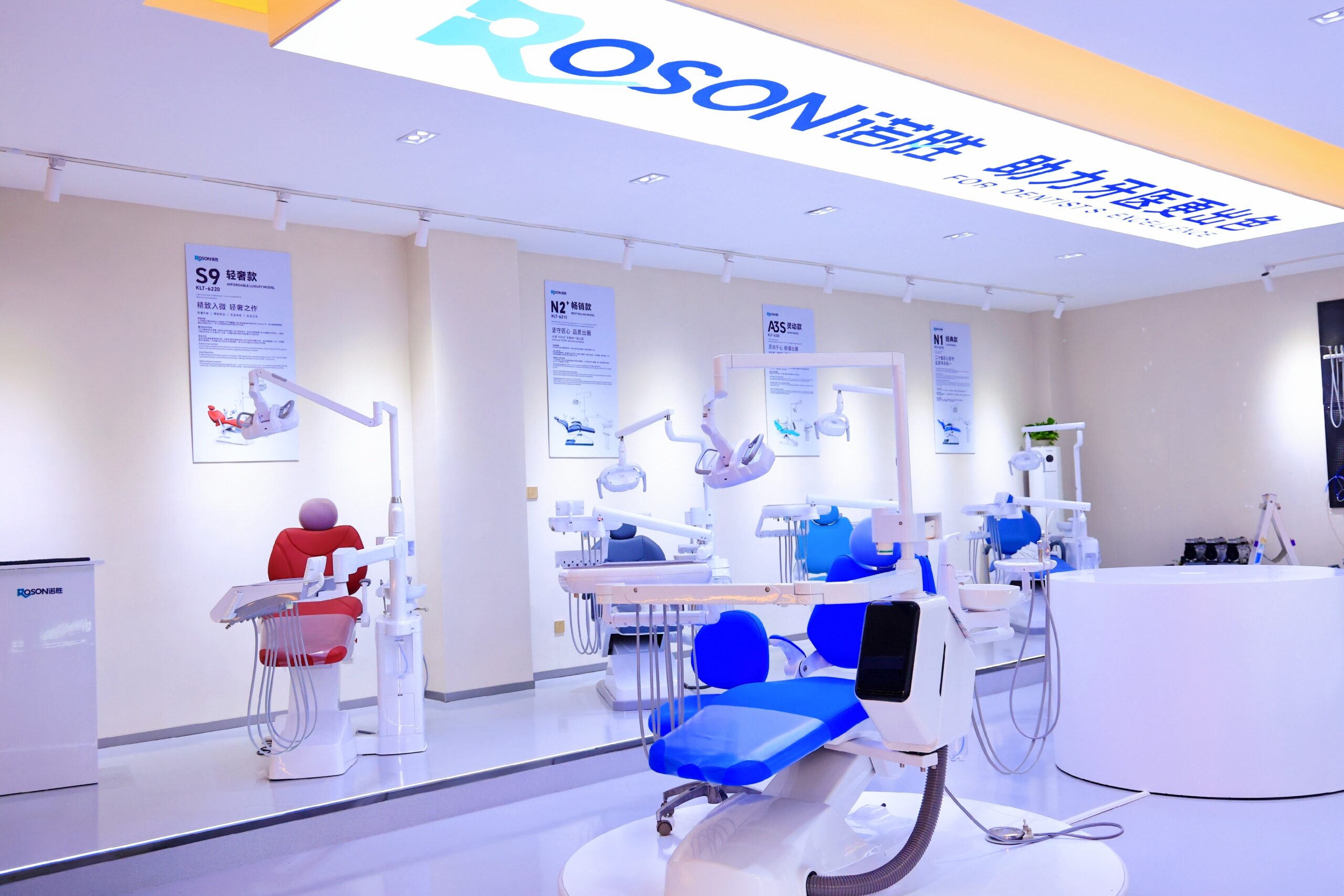What Is A Dental Autoclave?
A Dental Autoclave is a device that uses steam to sterilize surgical instruments, implants, and other materials used in dentistry. It’s essentially a pressure cooker for medical instruments. The autoclave uses steam under pressure to sterilize instruments and other devices quickly, effectively, and safely.
It is used by dentists and dental technicians to sterilize medical instruments. It also may be used in other medical professions such as veterinary medicine and hospitals. In dentistry, an autoclave is typically used to sterilize any type of dental instrument that comes into contact with oral tissue during procedures or surgery. This includes surgical tools such as drills, files, burs, and impression materials like alginate impression kits. Autoclaves are essential for preventing the spread of infection between patients, which can occur if certain items aren’t properly cleaned before use on another patient.
After asking the question “What Is A Dental Autoclave?”, we need to figure out one more question, that is: Is a Dental Autoclave the same as a Dental Sterilizer?
In short, yes.
However, there is a slight difference between the two terms. A Dental Autoclave is an instrument that uses steam and heat to sterilize instruments and other devices. The term “autoclave” comes from Greek and means “self-contained.” It’s important to note that although the terms are often used interchangeably, a Dental Autoclave does not necessarily use steam pressure to achieve sterilization. Sometimes it uses UV light to do the sterilization work.
Types Of The Dental Autoclave:
Next, it is simply divided into three categories according to the working methods of the Dental Autoclave, which are the use of ultraviolet sterilization, the use of heated steam sterilization, and the use of high pressure steam sterilization:
UV Dental Sterilizer Cabinet:
The UV dental sterilizer cabinet uses ultraviolet rays to kill bacteria and germs in medical instruments. It is widely used for disinfection after surgery on patients for health security. The advantages of this type of autoclave are: The treatment time is short and there is no need to heat up. Moreover, it can achieve sterilization with a lower temperature than other types of sterilizers.
Thermal Steam Sterilizer:
The thermal steam sterilizer uses heat generated by boiling water to achieve disinfection. It works by heating water until it turns into steam, which then expands rapidly into the chamber containing the items to be sterilized. This rapid expansion creates pressure inside the chamber, which pushes air out through exhaust valves before sealing itself off to create an airtight enclosure where items can be safely processed at high temperatures for up to 30 minutes without any risk of exposure to airborne contaminants.
High-Pressure Steam Autoclave:
The high-pressure steam autoclave uses steam under high pressure to kill bacteria and germs in medical instruments. It can reach high temperatures (80°C-120°C) and kill bacterial spores. Its advantages are that it can reach high temperatures and can kill bacterial spores. At the same time, it has a large capacity, so it is suitable for sterilizing large amounts of medical instruments at one time.

The Structure Of The Dental Autoclave:
Although there are many types of Dental Autoclaves, their internal structure is similar. The following two are briefly described below:
1. Steam Sterilization System:
This system consists of a heating unit that heats water above its boiling point (100 degrees Celsius) so that it becomes steam. Thereafter, this steam passes through a chamber containing the instrument being sterilized where it is heated up to 121 degrees Celsius for 20 minutes. After this period of time has elapsed, the instrument is removed from the chamber by an automatic mechanism which then releases the instrument into an air-dryer for drying purposes before being packaged for use.
2. UV Sterilization System:
The general inner cabinet is divided into a sterilization room and an exhaust room. The sterilization chamber is equipped with a vacuum pump, which can realize negative pressure, and the exhaust chamber is equipped with a fan to ensure the exhaust effect. The sterilization cabinet is equipped with ultraviolet lamps, which emit ultraviolet rays to kill bacteria and viruses. After sterilization, sealed containers containing medical devices must be cooled before opening. The operator can then remove the medical device inside.
Why Do We Need A Dental Autoclave?
Why do we need it? Why is sterilization so important to a dental practice? The answer to this question lies in the fact that there are many different kinds of germs. Some germs can cause serious infections and even death if not treated properly. Others are just annoying, but can still make you sick if not taken care of properly.
There are certain types of germs that can only be killed with extreme heat or pressure. These are known as “pathogenic” (or disease-causing) microorganisms and include bacteria, viruses, fungi, and protozoa. They live everywhere on earth – in water, soil, plants, and animals too – but they all have different levels of resistance to extreme temperatures, so they must be dealt with differently by humans depending on their type of infection control policy at work. For example, using high pressure, high temperature, and using ultraviolet rays.
Tips For Choosing A Better Dental Autoclave:
After we know what is a Dental Autoclave, we may be want to know how to get a good one. Here are some tips for you:
Know Your Needs:
It is very important to know what kind of sterilization method you need for your clinic because different methods have different requirements for temperature, time duration, etc.
Size Of The Autoclave:
It is very important that the autoclave should be big enough to accommodate all your instruments at once. This will save time as you don’t need to do multiple batches when it comes to sterilizing your instruments.
Pressure Gauge:
The pressure gauge helps you monitor the internal pressure inside the autoclave during operation, which ensures that every instrument inside gets heated up evenly and at the right temperature for effective sterilization.
Warranty:
A good warranty will protect you from any malfunctions or defects in the machine. The length of the warranty also varies depending on the brand and model, so make sure that you know what kind of coverage you are getting before making a purchase.
Conclusion:
I believe that when you see here, you must know What Is A Dental Autoclave. Here we recommend you a dental equipment company from China with nearly 20 years of production experience: Roson. If you choose Roson, you will get excellent service and high-quality products. At Roson, you can choose the size and capacity of the device according to your needs. You can also print the logo of your own hospital or clinic on the equipment according to your own ideas – because Roson is willing to provide high-quality OEM services.









